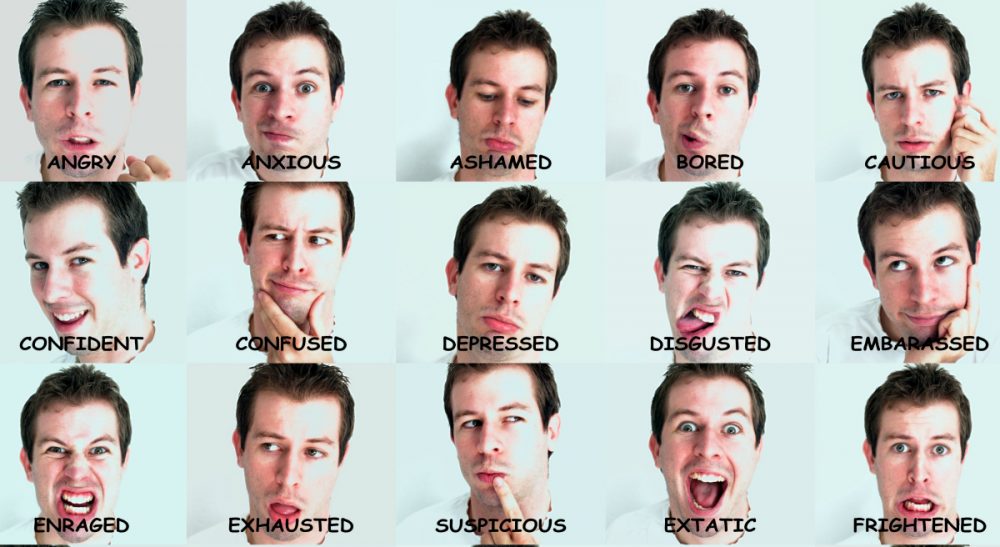Advertisement
What’s Wrong With Emotional Contagion, Anyway?

We now know that, in 2012, Facebook tampered with the newsfeeds of nearly 700,000 of its members to determine whether exposure to positive or negative sentiments influenced their moods. The secret experiment’s conclusion? “… emotional states can be transferred to others via emotional contagion, leading people to experience the same emotions without their awareness.”
...faced with a barrage of news about horrible things that happen in this country and around the world, and feeling powerless to stop them, we channel our anxious energy into our own lives.
I was reminded of Facebook’s misguided gambit when I received an email from a crowd-funding website. “There's one fear that everyone can relate to: the panic of losing a loved one,” declared the pitch for a new app called Findster. “The first GPS tracker for Kids and Pets without monthly fees.”
In a short, animated video, a father, stopping at a food cart with his daughter and dog in tow, looks down to discover that both have disappeared. “Chills, stomach-churning, racing heart, sweat and heavy breathing… Can you imagine not knowing where your child is? Or your pet? You don't have to. Not ever again.”
The fear-based sell, enhanced by the enticing value proposition of a one-time purchase with no recurring costs, was compelling. I was susceptible to this emotional contagion, cynical, but not unmoved by it. I remember the panic of losing sight of my daughter in the grocery store, of discovering that our beloved mutt had squirmed under a fence and out into an unbounded world. If I still had small children or pets, I might well buy the app. And I wouldn’t be alone. After all, as the marketers for this and similar products undoubtedly know, fear sells. The science of behavioral economics has demonstrated that, in general, people are more motivated by the prospect of averting a negative outcome than of achieving a positive one.
Which leads me to wonder: Why are we so fearful, anyway? Especially in a country where crime rates in most cities continue to decline, and where child or pet abductions outside of custodial disputes are rare.
Emotional contagion can be created and used for cynical commercial purposes, it’s true... But in [another] time, there was another name for this phenomenon: empathy."
One theory — my husband’s — is that humans are hard-wired to be anxious about and alert to threat. Since we no longer need to flee the lions on the savannah, all of that fear programming flows into worry about threats that are remote at best.
Another theory — mine — is that, faced with a barrage of news about horrible things that happen in this country and around the world, and feeling powerless to stop them, we channel our anxious energy into our own lives. We may not be able to rescue abducted school girls in Nigeria, but we’ll do all we can to make sure our own daughters are safe, even if it means investing in an app that would creep out Aldous Huxley.
Emotional contagion can be created and used for cynical commercial purposes, it’s true. After all, advertising – and, it seems, Facebook — seeks to manipulate our unconscious minds. But in a time before both, there was another name for this phenomenon: empathy. Let’s not fear it.
Related:
